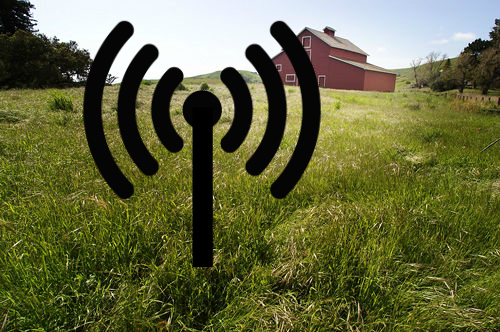Yesterday, Governor Jerry Brown signed SB 740 into law, authorizing the California Public Utilities Commission (CPUC) to award broadband infrastructure grants and loans to entities that are uniquely suited to provide broadband access in remote areas of California.
“Nearly 1.4 million rural California residents lack broadband access, making it difficult to obtain basic services and information in California’s rural counties,” said Kevin Cann, Chairman of the Rural County Representatives of California and Mariposa County Supervisor. “In today’s digital world, it is imperative to our rural economic viability that our communities are connected to the information, goods, and services they need. SB 740 helps fulfill the state’s commitment to help ensure universal access to basic telecommunications services in all areas of the state.”
The law expands the eligibility requirements as well as overall funding for the California Advanced Services Fund (CASF), in an effort to reduce the “digital divide” cities and rural regions. The funding, which is supplied by a surcharge on telephone bills paid by California residents, will go towards expanding broadband access and infrastructure in the most remote areas of the state.
“High-speed Internet service is a vital aspect of modern life – everything from communicating with friends and family to access to jobs, education, health care, public safety, government services, and commerce are facilitated by broadband connections. In our 21st Century digital economy, broadband is a key component for economic opportunity for both individuals and communities,” stated bill author Alex Padilla (D-Pacoima) in a press release.
Senator Padilla authored SB 1193 in 2008, which established the California Advanced Services Fund (CASF), and SB 1040 in 2010, which authorized a revolving loan program in order to ensure broadband access to every corner of California. The bills were in response to a report released in January 2008 by the California Broadband Task Force, which found that more than 1.4 million residents in the state lacked access to broadband and nearly 50 percent rely on low-speed dial-up Internet.
“RCRC thanks Senator Padilla for his hard work in getting SB 740 enacted into law,” said Supervisor Cann. “Whether it is school children getting connected or public safety services being coordinated through a digital network, we owe Senator Padilla a debt of gratitude.”
SB 740 allows entities to apply for funds to subsidize broadband projects until 2020.





